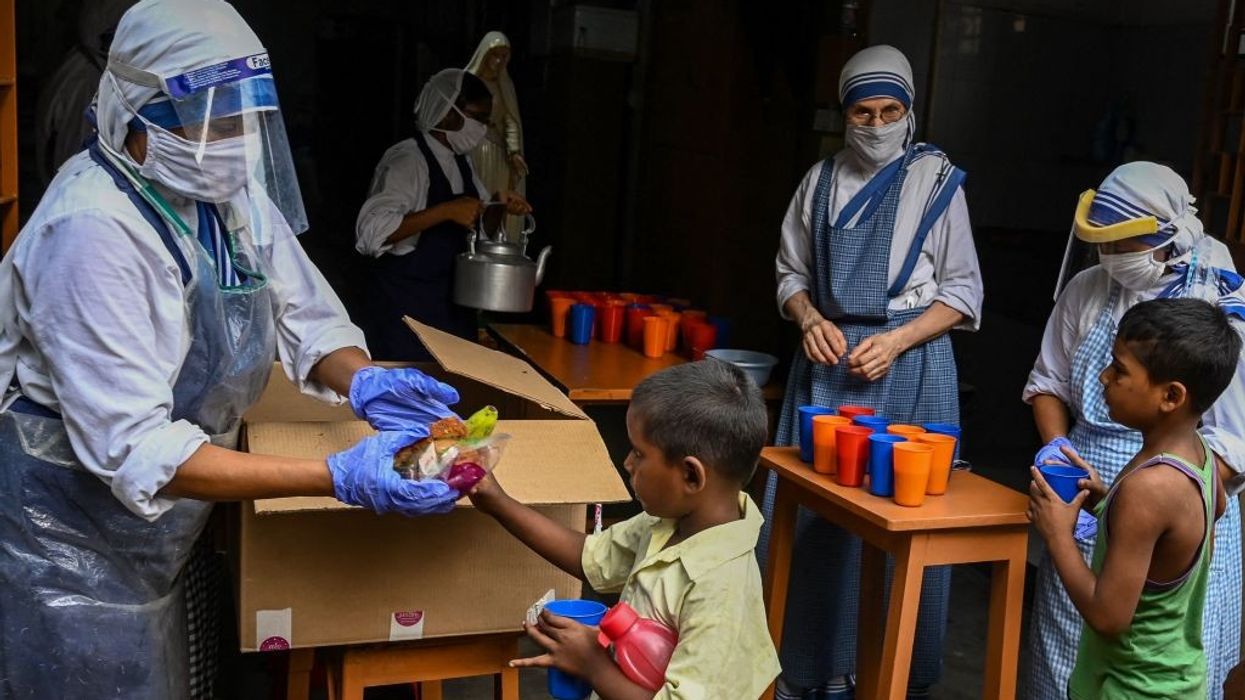INDIA has moved to cut off foreign funding to a charity founded by Mother Teresa.
The Missionaries of Charity was founded in 1950 by the late Mother Teresa, a Catholic nun who devoted most of her life to helping the poor in Kolkata. She won the Nobel Peace Prize and was later declared a saint.
Her organisation runs shelter homes across India. According to the Hindu daily, it received around $750 million from abroad in the 2020-21 financial year.
The Indian home ministry said that on December 25 - Christmas Day - the renewal of the charity's licence to receive funding from abroad had been "refused".
The statement issued on Monday (27) said the reason was "not meeting the eligibility conditions" under the Foreign Contribution Regulation Act after "adverse inputs were noticed", without giving further details.
Dominic Gomes, vicar general of the Archdiocese of Calcutta, said the announcement was "a cruel Christmas gift to the poorest of the poor".
The news came two weeks after police in Gujarat, prime minister Narendra Modi's home state, began investigating the charity for alleged "forceful conversion" of Hindus to Christianity.
Activists say that religious minorities in India have faced increased levels of discrimination and violence since Modi's Bharatiya Janata Party (BJP) came to power in 2014.
In 2020, the US Commission on International Religious Freedom listed India as a "country of particular concern" for the first time since 2004.
Modi's government rejects having a radical "Hindutva" (Hindu hegemony) agenda and insists people of all religions have equal rights.
India's government has also in recent years increased pressure on non-governmental organisations receiving foreign funding, including rights groups.
The Missionaries of Charity said in a statement that it had instructed its centres not to use any foreign currency account "until the matter is resolved".
The organisation, however, rejected reports that its bank accounts had been frozen.
(AFP)














